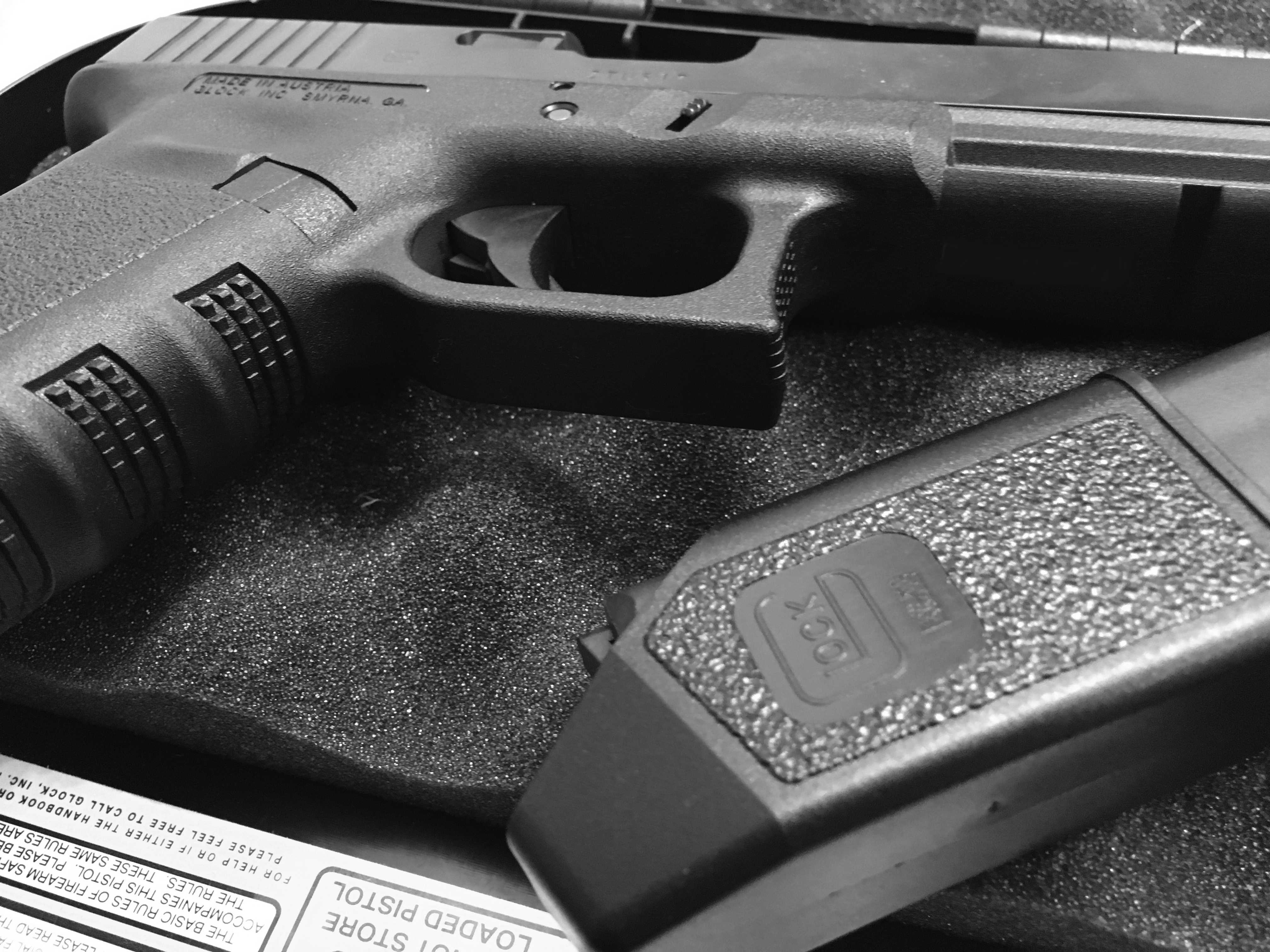
How did Dylann Roof get the gun he used to kill nine people at a church in Charleston, South Carolina? He simply purchased it from a store in West Columbia after an FBI examiner conducting his background check failed to receive a police report of Roof illegally possessing drugs.
Although Chris Harper-Mercer, the man who shot and killed nine people at Umpqua Community College, acquired his guns legally through a federally licensed firearms dealer or family members, Harper-Mercer had mental health issues and shouldn’t have been able to purchase guns in the first place.
These are only a few of the instances in which loose gun laws result in the injuries and deaths of many innocent people. Something needs to change with gun laws in the United States. Although it is one’s constitutional right to possess firearms, California’s laws regarding who can and cannot purchase weapons is clearly defined but not strictly enforced.
Those who cannot possess firearms include anyone convicted of a felony, those considered a danger to themselves or others due to a mental illness or those discharged from the military under “dishonorable conditions.”
The list goes on and on but these few examples illustrate why gun men like Roof, who was charged with the illegal possession of Suboxone, or Harper-Mercer, who was discharged from the Army after only a month, should not have been able to purchase a weapon in the first place.
According to President Barack Obama’s “Now Is The Time” plan on reducing gun violence, not every place that sells guns conducts background checks, like gun shows, retail stores or pawn shops. In the plan, studies show that approximately 40 percent of all gun sales are made by private sellers who are not required to conduct background checks.
With the National Instant Criminal Background Check System (NICS) in place, those wanting to purchase a firearm are required to complete form 4473 from the Bureau of Alcohol, Tobacco, Firearms and Explosives (ATF). The seller then calls the NICS for an instant background check to determine if the purchaser is eligible for purchase.
This system makes it quick and easy for firearm dealers to conduct background checks before selling a gun, so there should be no reason as to why these gun shows, pawn shops or retail stores cannot conduct background checks before selling firearms.
Not only should California legislation work toward closing the loophole regarding background checks, but it should also restrict more types of firearms than it already does.
California law prohibits the use of cane guns, wallet guns, any firearm not immediately recognized as such; short-barreled shotguns or rifles, zip guns, any bullet with an explosive agent, any multi-burst trigger activator, any unconventional pistol or undetectable firearm.
Under the Roberti Roos Assault Weapons Control Act of 1989, assault weapons were prohibited from being manufactured, sold, purchased or given. Any assault weapon purchased before this act was “grandfathered” in, meaning they were still allowed to be legally owned. To this day, those wanting to obtain an assault weapon can either build it themselves by purchasing parts online or from someone who has a “grandfathered” assault rifle.
According to the ATF, unlicensed individuals can transfer firearms to another unlicensed individual in the same state. This problematic regulation lets gun owners transfer firearms to virtually anyone whether they conduct background check or not. The transferring of deadly weapons should not be left up to unlicensed individuals who shouldn’t have them in the first place.
Legislation needs to require any transferring of firearms go through Federally Firearms Licensees, where NICS background checks are conducted to ensure guns are not getting into the wrong hands.
Students attend college for a higher education and hopes for a better future, not to feel in danger or at risk of being involved in active shooter situations. Students of community colleges and universities are relying on lawmakers to protect them by clearly defining laws regarding guns and to strictly enforce them.
The best way to significantly decrease the amount of mass shootings and prevent guns from getting into the wrong hands would be to close the loopholes within the current gun laws.
Viewpoints' editorials represent the majority opinion of and are written by the Viewpoints' student editorial board.



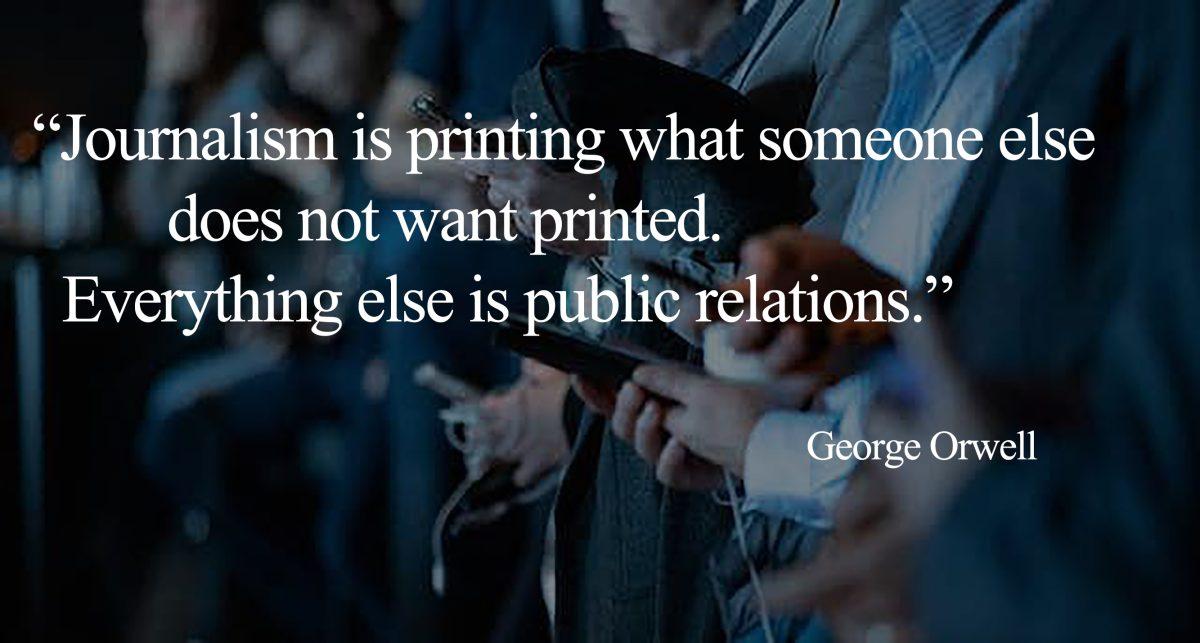
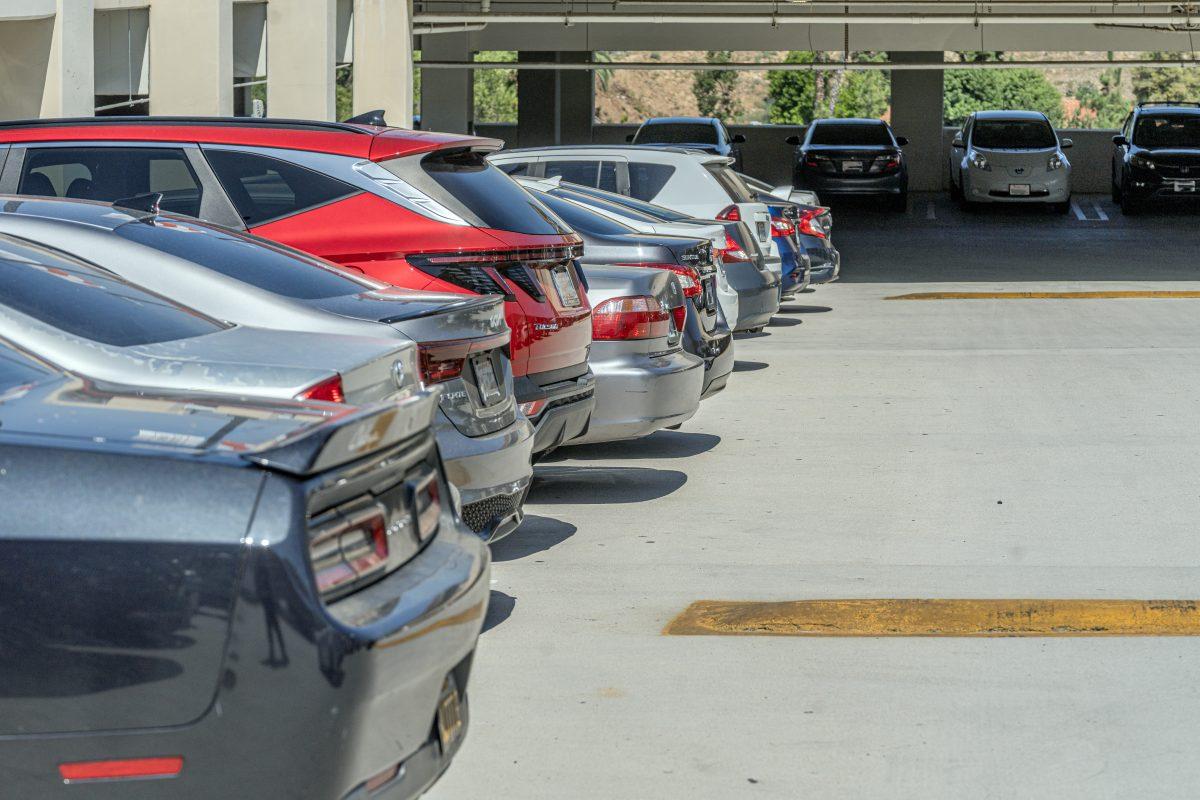
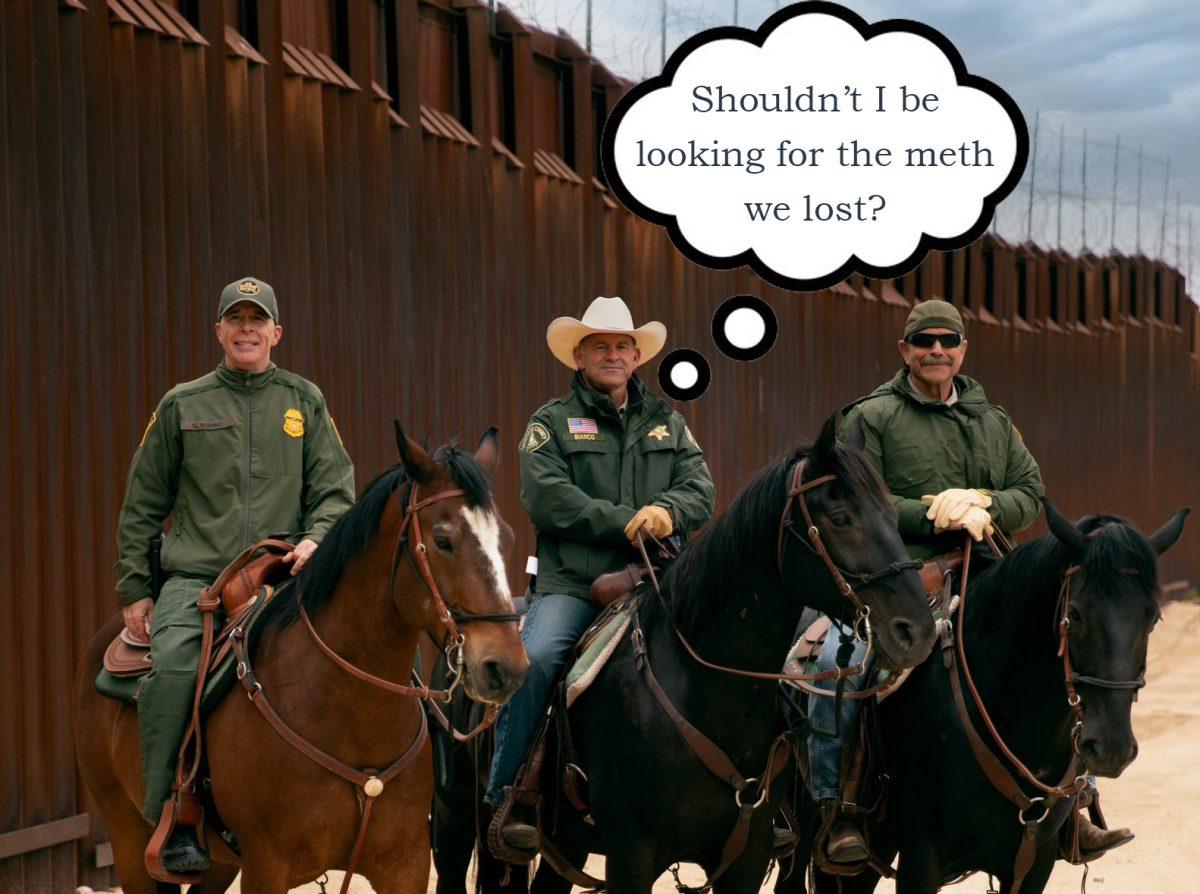
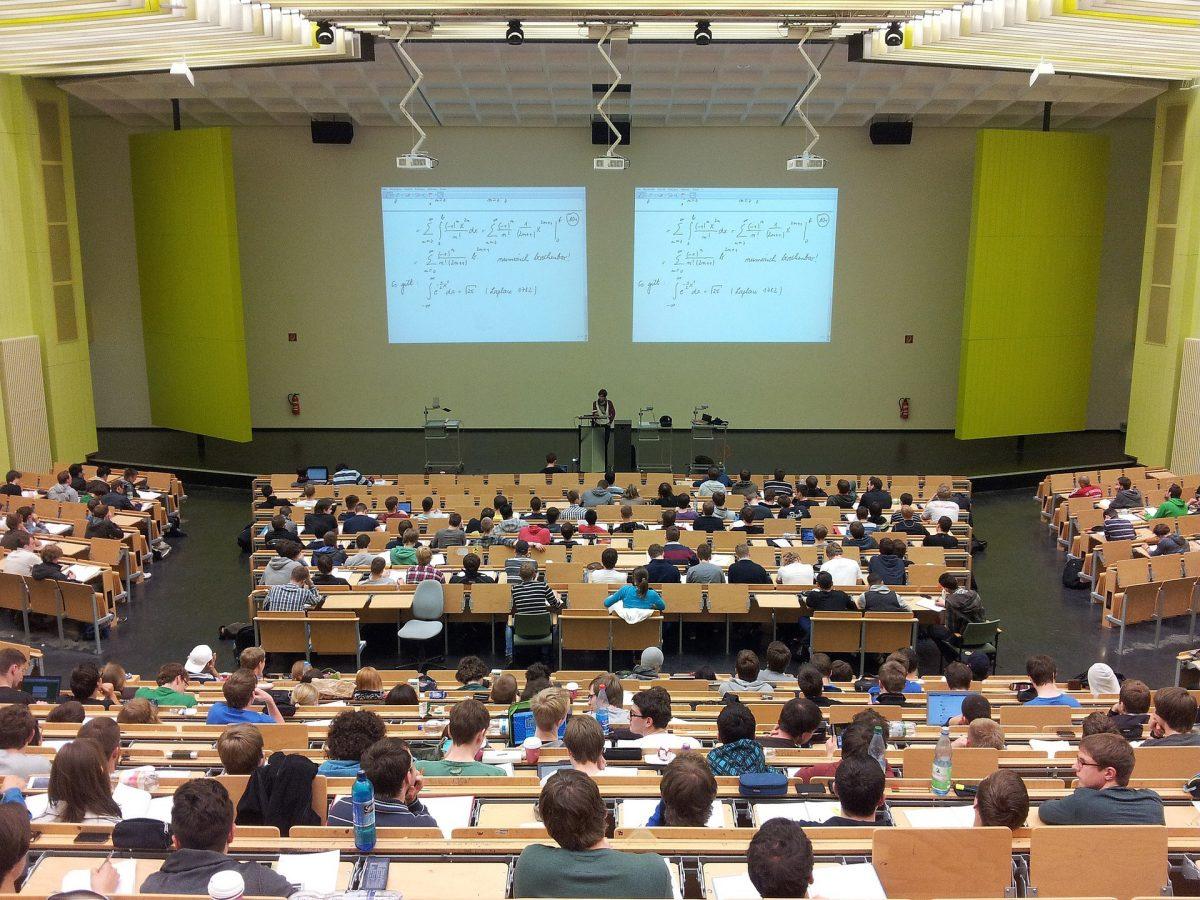

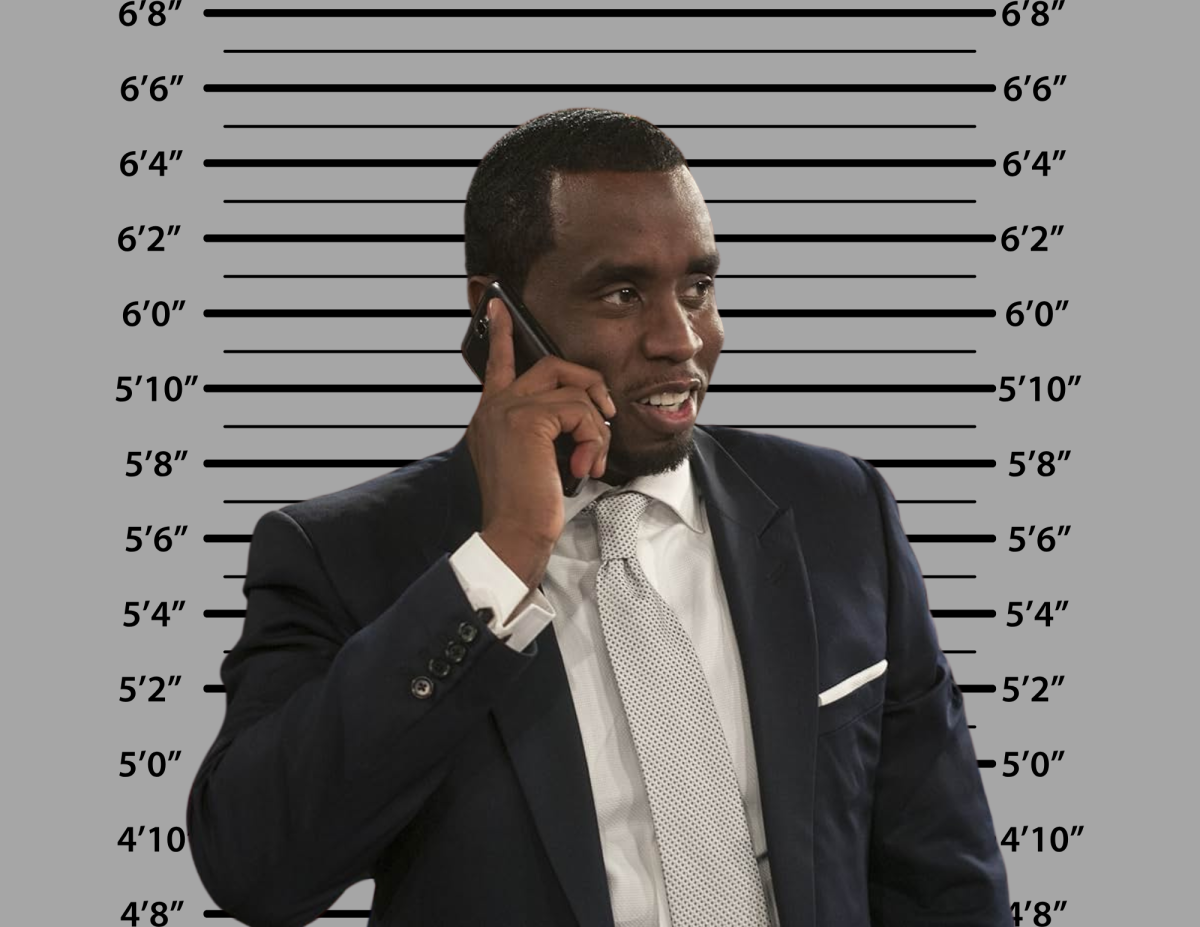
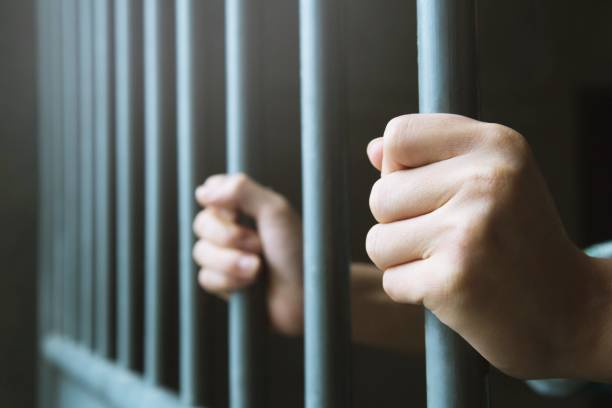
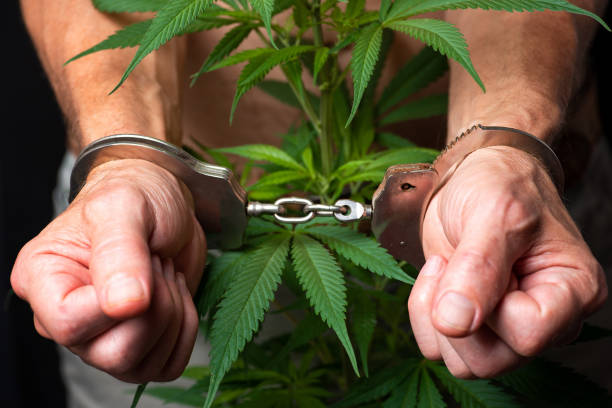

Alexis Naucler • Dec 19, 2015 at 12:37 pm
Reblogged this on Alexis Naucler.